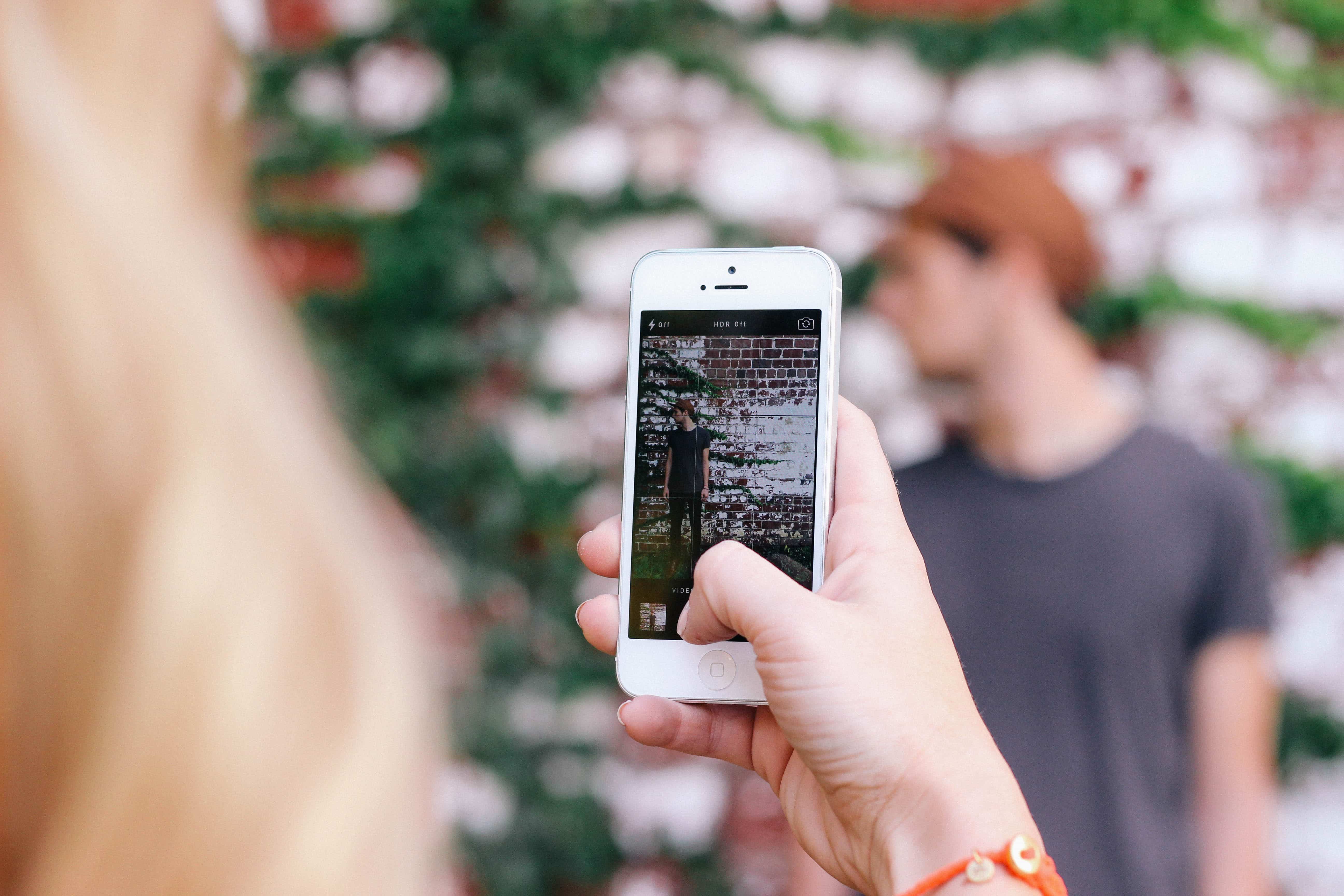
Now back to nuclear bombing . . . It sucked being a kid and learning that I had an omnipotent and invisible enemy powerful enough to eradicate Earth. Thanks Cold War for ruining my childhood security.
And OMG, remember the television show The Day After? This lovely little drama depicted a full-scale nuclear war between the United States and the Soviet Union. Nearly 100 million Americans watched the first broadcast, the content of which reportedly inspired then President Reagan to note in his diary that the show was “very effective and left me greatly depressed.” This from the guy in charge of THE BUTTON, also known as THE NUCLEAR FOOTBALL*. Nuclear war made the 1980s super scary.
Flash forward. For research, and to get an idea of the current blood curdling fear tantamount to 1980s nuclear war, I just walked into the playroom and asked my 11 and 13 year olds, “What is your biggest fear?” Now keep in mind, my 13 year-old got second in her school on the super quiz test on ecology without even studying. In other words, I was all giddy for them to say global warming or Internet predators or some such so I could hop back to my computer and develop today’s nuclear football argument…
But true to form, messing up all of my pie-in-the-sky expectations, my children could only come up with was, and I quote, 1) “You” and 2) “Your dancing.” Seriously, that’s what they said.
So besides the fact that my kids are hilarious and wrong about many things (my reverse trailer dance move is unrivaled), I posit our smartphones have personal nuclear football capability. Not for blowing up the planet or whatever, but definitely for blowing up your life.
You’d be shocked, or maybe not, to hear all the ways my patients have ignited their lives with a push of the send button. I know that sounds hyperbolic, but it isn’t. And I’m not just talking about teenagers. I’m talking about sound-minded, responsible adults.
What kind of screen media bombs have I seen detonated?
I’ve seen every type of pathological relationship birthed and every type of secure attachment detonated. I’ve seen wives lose their husbands, husbands lose their wives, best friends betrayed, kids groomed, daters deceived, reputations ruined, jobs lost, car accidents triggered, parents infuriated, and drug deals executed. I even heard of a woman who fell on the escalator while she was texting, resulting in her hair getting tangled in the landing mechanism. I know, arrrggg! I’ve seen an epidemic of powerful destruction facilitated by an impulsive text, a compulsive iChat exchange, or a traumatic video.
Take a second and run a slide show in your imagination of the horrors you have witnessed online. I, for example, still cringe at the memory of videos I’ve seen of people jumping to their deaths from tall buildings, innocent people getting knocked unconscious by malicious pranksters, and spider babies crawling out of its unfortunate victim’s flesh. Shiver. Now imagine a six year-old enduring these images. Nightmare material, indeed!
As a clinical psychologist, we are taught how to nurture our emotional health despite being a daily witness to the ravage of our patient’s emotional safety. Like you, we strive to maintain a healthy lifestyle with solid supportive relationships. And in order to help us work through the pain that we carry as a result, we set up regular consults with our colleagues. During these lunch meetings we speak of our sadness, disgust, anger, fear, and other leftover ashes from the hardest psychotherapy sessions. In order to not burn out or become deeply cynical, we work to deliberately preserve our emotional fitness.
My challenge to you today is to consider what type of emotional fitness strategies do you engage in? Do you take steps to protect yourself from destructive messages, images, and videos? Do you enrich your inner world with healthy relationships and self-care strategies like imagery, mindfulness, and a heart full of compassion? And more specific to GetKidsInternetSafe, have you taught your kids just what they need to do in order to protect themselves and then heal if they take a misstep?
In addition to blocking, filtering, and setting screen media limits, I challenge you to take that extra step and teach them powerful health strategies like good nutrition, sleep hygiene, and exercise. And certainly don’t leave out psychological strategies like mindfulness, imagery, diaphragmatic breathing, and positive thinking. But most importantly, we all must be willing to filter out content that drains our hope, while feeding in content that inspires us like enriching passions and loving friendships.
I’m the mom psychologist who will help you GetYourKidsInternetSafe.
Onward to More Awesome Parenting,
Tracy S. Bennett, Ph.D.
Mom, Clinical Psychologist, CSUCI Adjunct Faculty
GetKidsInternetSafe.com
*What is the nuclear football? It is reported to be black briefcase carried by the president’s aid that contains everything necessary to launch a nuclear attack in minutes. According to Bill Gulley, former director of the White House Military Office, the briefcase contains two black books (one with retaliatory nuclear strike options and another classified shelter sites), a manila folder with instructions on how to operate the emergency broadcast system, and an index card with authentication codes. The nuclear football is always within reach of the acting president. Is your smartphone really much different?
